Borrell opposes visa ban on all Russians, says the move would lack necessary support
European Union's foreign policy chief says he opposes banning visa grants for all Russian nationals and that EU foreign ministers are also unlikely to unanimously back the move.
“I don’t think that to cut the relationship with the Russian civilian population will help and I don’t think that this idea will have the required unanimity,” Borrell, who chairs EU foreign ministers’ meetings, told Austria’s ORF TV on Sunday.
According to the top EU diplomat, EU foreign ministers, who are set to meet later this week, are not likely to unanimously support the ban.
“I think that we have to review the way that some Russians get a visa, certainly the oligarchs not. We have to be more selective. But I am not in favor of stopping delivering visas to all Russians," he said.
EU ministers are slated to support the suspension of a 2007 agreement with Moscow that gave preferential treatment to visa requests by Russians, according to Financial Times, citing anonymous officials.
The development came after some member states of the EU, such as Finland, Poland, and Baltic countries, threatened to unilaterally close their borders to Russian tourists, in a bid to stand against Moscow for its military operation in Ukraine.
Russia launched a military operation in Ukraine in late February, following Kiev’s failure to implement the terms of the Minsk agreements and Moscow’s recognition of the breakaway regions of Donetsk and Luhansk.
At the time, Russian President Vladimir Putin said one of the goals of what he called a “special military operation” was to “de-Nazify” Ukraine.
The EU foreign ministers would need to reach a unanimous agreement to implement a visa ban, which looks unlikely at the moment.
Instead, they are expected to back suspending the 2007 visa facilitation deal with Moscow when they meet on Tuesday in Prague. The plan will make it harder and more expensive for Russians to get Schengen-area documents.
“We are in an exceptional situation and it requires exceptional steps. We want to go beyond suspending the visa facilitation,” a senior EU official was quoted as saying, adding that deeper changes could be introduced by the end of the year.
Countries such as the Czech Republic and Poland stopped issuing visas to Russian tourists shortly after the start of the Russian military in Ukraine in February. Others, however, have continued to grant travel visas, allowing Russians to travel in the Schengen free-movement area.
Hezbollah: 47 years of Iranian progress proof of ‘abject failure’ of Western plots
Iran’s Larijani meets Qatari emir amid nuclear talks with US
VIDEO | 47th anniversary of Islamic Revolution celebrated at Iran's Embassy to Holy See
VIDEO | Sana’a marks February 11 anniversary with mass rally at US embassy site
VIDEO | Iran’s Embassy in Ethiopia celebrates 47th anniversary of Islamic Revolution
Saudi leaders congratulate Iran on 47th anniversary of Islamic Revolution
VIDEO | Iranian embassy in Malaysia celebrates Islamic Revolution anniversary
VIDEO | Press TV's news headlines


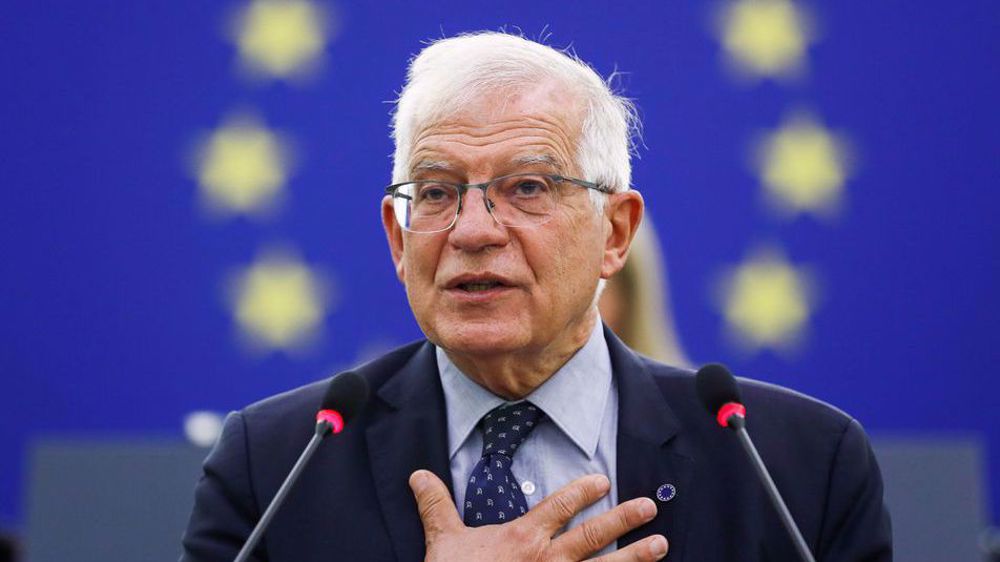
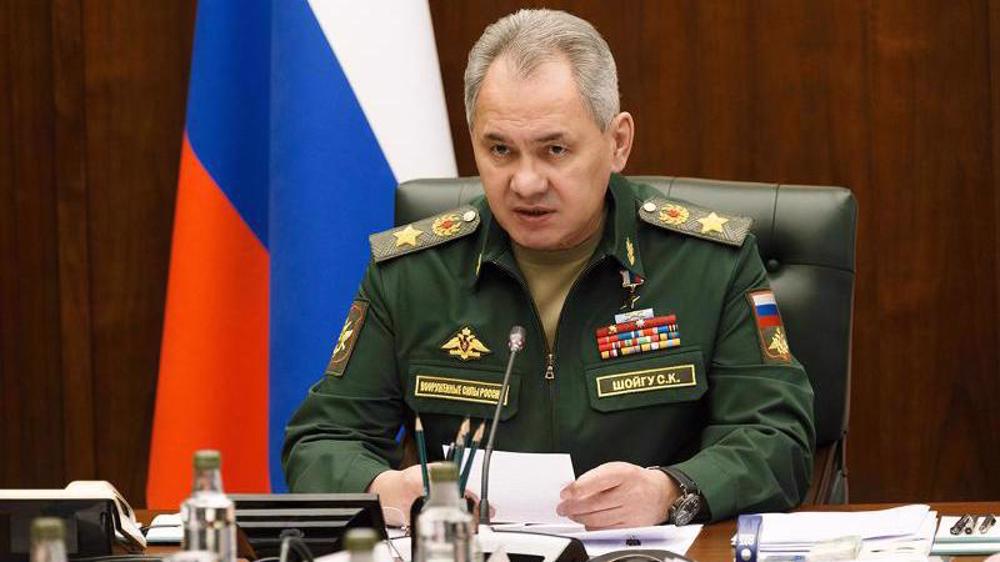
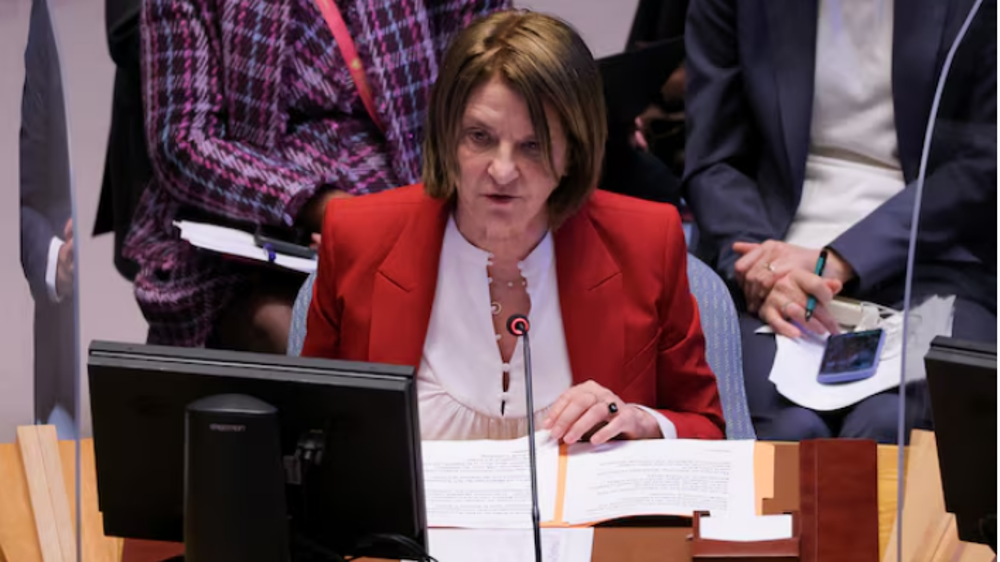
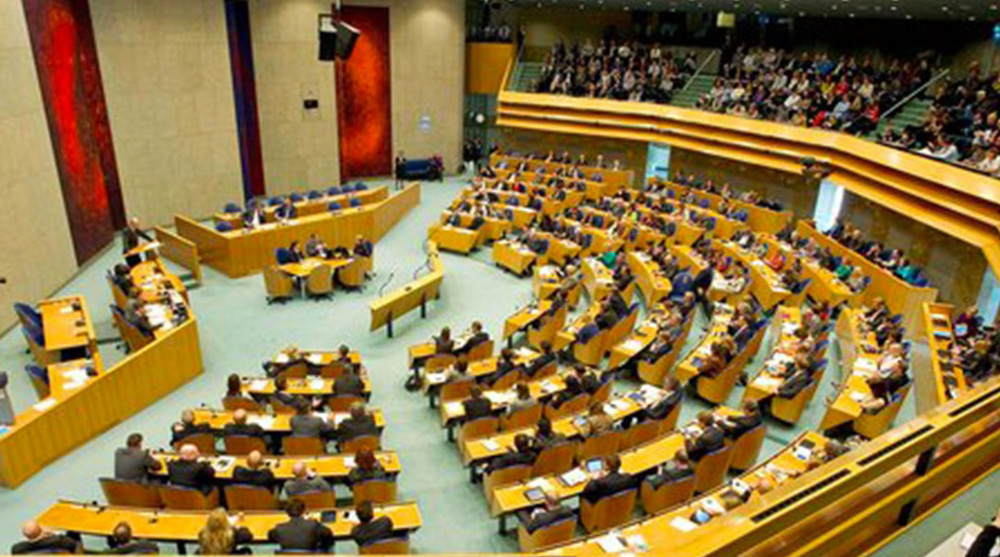
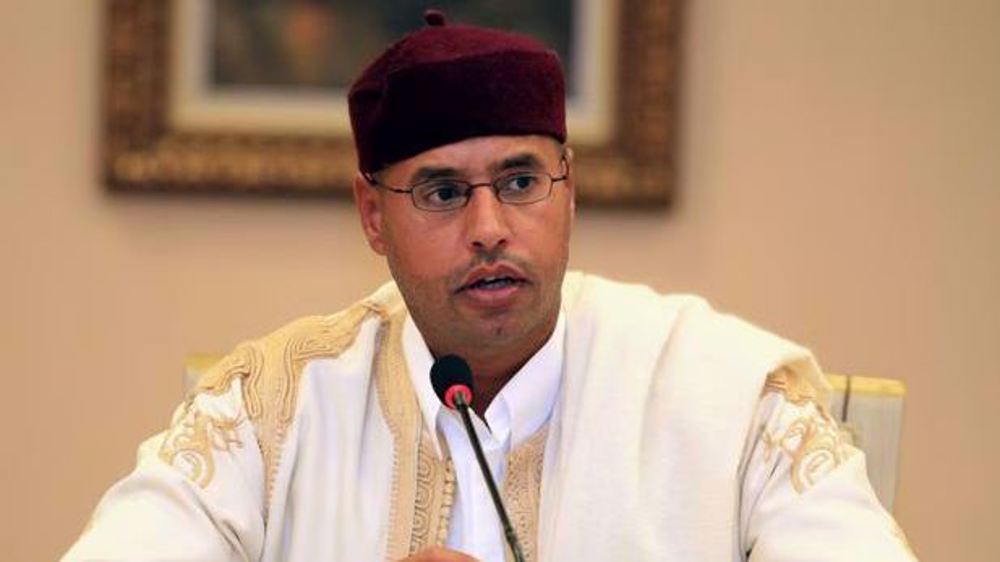




 This makes it easy to access the Press TV website
This makes it easy to access the Press TV website